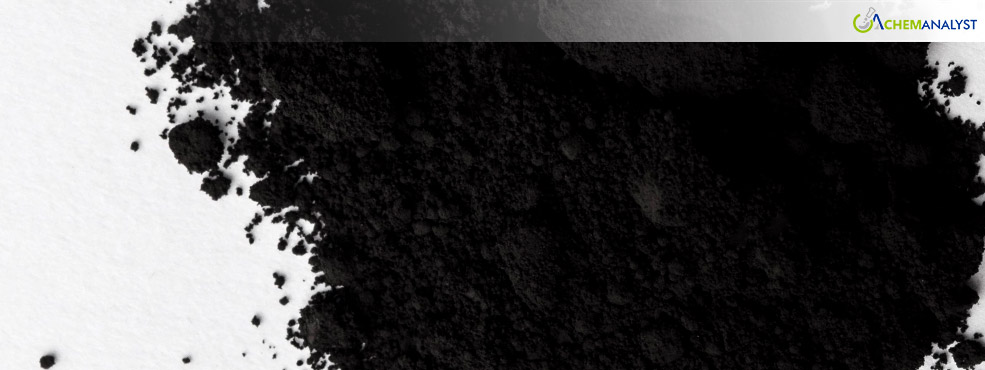Welcome To ChemAnalyst

The Asian carbon black market saw a significant price rise in February, driven primarily by increasing natural gas prices. This surge in carbon black costs, a key component in tire manufacturing, has raised concerns among industry players due to the added pressure on production costs.
Key Takeaways:
The price hike follows a global increase in natural gas prices, with several major LNG projects in the US and Qatar nearing completion. Experts predict a massive wave of LNG supply that could help lower gas prices in the future. This development is especially important for gas-importing nations like Europe and Türkiye, as the energy market shifts from being seller-dominated to one favoring buyers, enhancing their bargaining power.
In the tire manufacturing sector, rising carbon black costs are significantly impacting companies such as CEAT Tyres. As one of India's largest tire brands, CEAT has experienced a decline in its share price, primarily due to the increased costs of raw materials like natural rubber and carbon black. The rise in carbon black prices, worsened by global supply chain disruptions, has pressured CEAT’s margins, reducing profitability and triggering investor concerns. Despite these challenges, CEAT remains a significant market player, with analysts still optimistic about its long-term growth prospects.
On a more positive note, some companies are exploring ways to mitigate the effects of these rising costs. Sumitomo Rubber and Mitsubishi Chemical recently announced a collaboration on carbon black recycling, which could offer a solution to the growing demand for this essential tire production material. Sumitomo Rubber will supply Mitsubishi Chemical with recycled rubber fragments and products derived from used tires, helping reduce dependency on raw material sources.
Additionally, the global energy market’s evolving dynamics may influence the future of carbon black production. While the US is aiming to increase oil and gas supplies to India and other Asian markets, experts have raised concerns about the cost-effectiveness of these imports. The US, now India's fifth-largest crude oil supplier, could become a more expensive option due to higher landing costs, especially compared to traditional suppliers in Central Asia and Russia, which offer significant discounts. Nevertheless, despite these cost challenges, there is still potential for increased imports from the US.
As carbon black prices continue to rise, its impact on the tire manufacturing industry remains a critical concern. The situation highlights the interconnectedness of global supply chains and the complexities that companies face in managing fluctuating input costs. With the growing demand for carbon black, companies are increasingly focused on solutions like recycling to help alleviate the pressure of rising raw material costs.
We use cookies to deliver the best possible experience on our website. To learn more, visit our Privacy Policy. By continuing to use this site or by closing this box, you consent to our use of cookies. More info.
